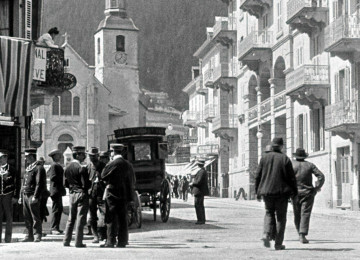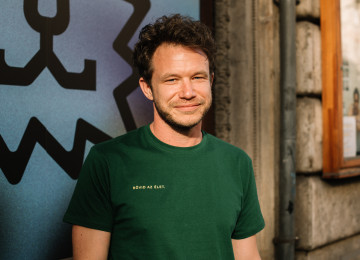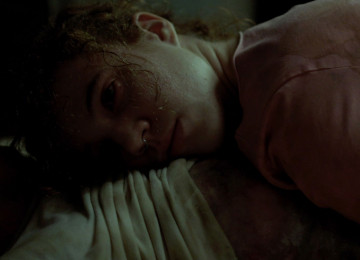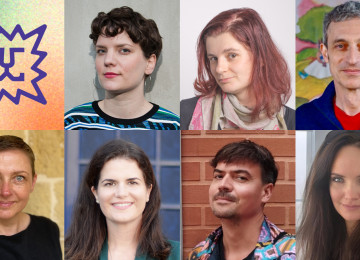Your main focus is animated films. Can you recollect a memory or a film which was your “gateway drug” into the field of animation?
I think my first trauma was as a teen watching Dimensions of Dialogues by Jan Švankmajer at a short film festival in my hometown. I was shocked, amused, and thought that some people were crazier than me.
How do you see the current status of animated short films in the international market?
I think it is arriving in a mature form, in terms of narration, technique, and the artists that are emerging. I am really excited to be part of the industry nowadays. I really recognize the work that has been done in the last century to arrive here, and the only important question for me is: how can we be sure this art form is perceived in the way I see it for the rest of the industry and the audience? I love challenges, so I am really excited.
It seems like there’s a growing tendency of animated documentaries. How do you see this and what’s your opinion on this genre?
I think I've said this everywhere, but for me, animated docs are the perfect marriage between two super different ways to make films. One is the art of editing, sculpting a film with long hours of footage where you don’t know what you will receive; the other is the art of planning, as every 3 seconds of animation is one day of work for the artists. I love how animation can be the tool for the missing images, what you cannot show, what is missing. It is almost like an evocative ghost. The only big risk for me is to have a podcast with animated illustrations on it; this is what we are trying to avoid.
Is there a specific element (visual accomplishments, acting, editing, etc.) you’re going to pay attention to as a jury member in Friss Hús or is the overall experience the most important for you in a film?
Why I am still excited to work in the industry after 10 years is that I am always surprised by new stories, ways to tell them, and visual arts that can push the boundaries of the cinema industry. I like bold choices with thoughtful risks.
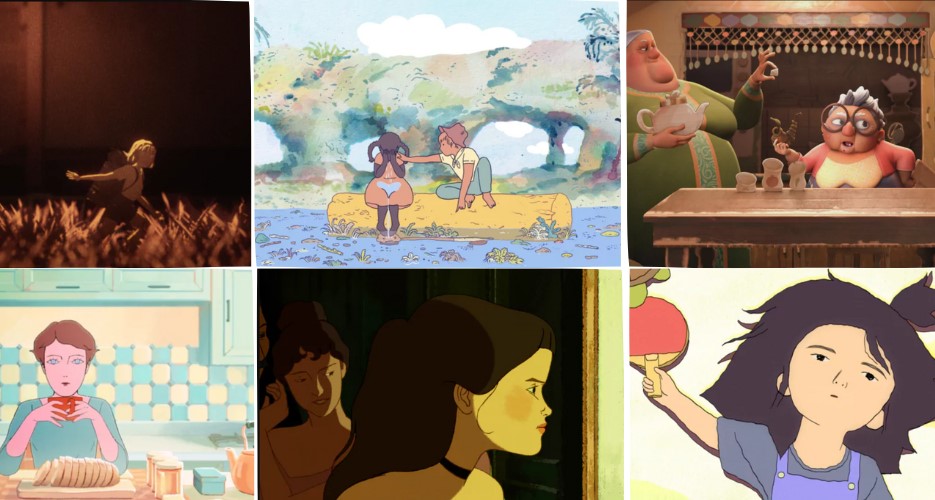
Films of Miyu / photo: alumni.gobelins.fr
What do you expect from the Hungarian competition of this year's Friss Hús?
I don’t really know. Of course, it will depend on what the programmers will want to emphasize. As the world is slowly moving toward fascism, I think I will be super curious to hear and see what Hungarian directors are eager to share with audiences. I feel Hungarians are 10 years ahead of what we may experience tomorrow, and I want to understand how it is impacting creativity.
Do you have a favorite Hungarian movie?
I will not choose the films that I am distributing, even if both Symbiosis by Nadja Andrasev and 27 by Flora Anna Buda are really important to me, but it seems unfair to choose them. I have a lot of affection for Symphony No. 42 by Reka Bucsi that I saw when I started to work in the short film industry and made such a strong impact on my animation tastes, and I still remember my joy of discovering this film.
